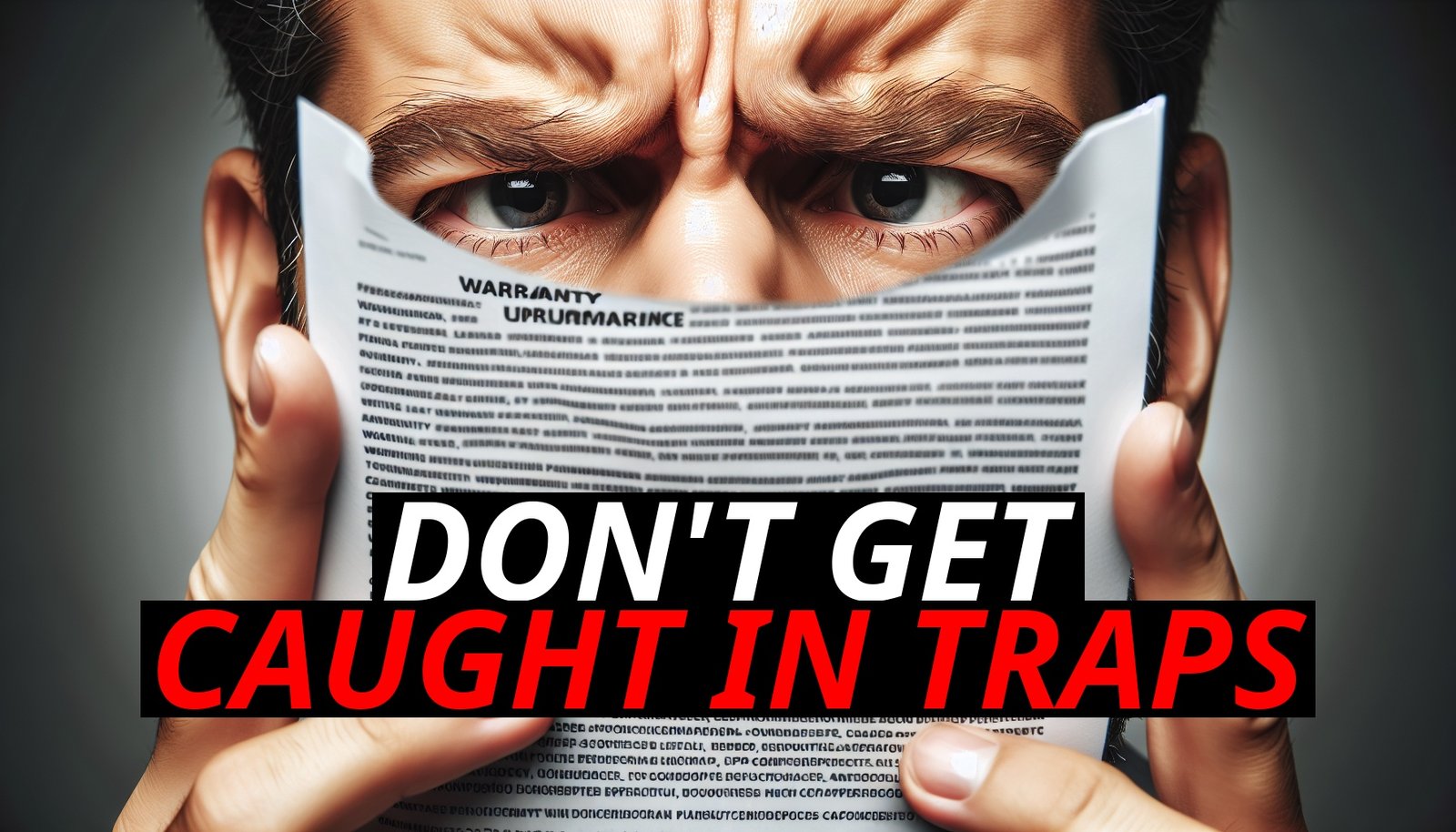Imagine this scenario: You’ve just spent hours picking out the perfect new car or the latest smartphone, and you’re finally ready to make the purchase. Just as you’re about to finalize the deal, the salesperson leans in with a concerned look and asks, “Would you like to protect your investment with an extended warranty?” It sounds like a reasonable offer—after all, who wouldn’t want extra protection? But here’s the thing: That simple question could be the start of a trap that millions of consumers fall into every year.
The Psychology Of The Sale: Why Extended Warranties Are Pushed So Hard
Extended warranties are big business. For retailers and car dealerships, they represent one of the most profitable add-ons they can offer. The reason is simple: Extended warranties are often sold at a high markup, with only a fraction of the cost going towards actual claims. The rest is pure profit for the seller.
Salespeople are trained to use psychological tactics that play on your fears. They might highlight the potential cost of repairs, emphasize how common certain failures are, or suggest that without the warranty, you’re taking a huge risk. These tactics are designed to make you feel vulnerable and convince you that the warranty is essential (Credence”>Source“>Source Research) (BlueWeave”>Source“>Source Consulting).
High-Pressure Tactics: How They Reel You In
One of the most common traps is the use of high-pressure tactics, especially in car dealerships. Salespeople might create a sense of urgency, telling you that the extended warranty offer is only available today or that the price will go up if you don’t act now. This tactic is designed to prevent you from taking the time to think it over or do any research.
Another tactic is the “limited time offer” or “special deal” that’s only available if you purchase the warranty right away. These deals are often not as special as they’re made out to be; in reality, the pricing is usually flexible, and the “deal” is just a ploy to push you into making a quick decision (Credence”>Source“>Source Research).
In electronics stores, the pressure can be subtler but still effective. Salespeople might use phrases like, “It’s better to be safe than sorry,” or, “You’ll thank yourself if something goes wrong.” The idea is to make you second-guess your decision to decline the warranty.
The Fine Print: What They Don’T Tell You
Even if you do decide to purchase an extended warranty, there’s often more to the story than meets the eye. Many warranties come with fine print that significantly limits what’s actually covered. For example, some warranties exclude common issues like wear and tear or limit coverage to specific parts of the product. In some cases, you might have to pay a deductible, which can make small claims not worth filing at all.
Moreover, extended warranties often overlap with the manufacturer’s warranty, meaning you’re paying for coverage you already have for a significant portion of the warranty period. By the time the manufacturer’s warranty expires, you might already be considering an upgrade or a new purchase, rendering the extended warranty useless (BlueWeave”>Source“>Source Consulting).
How To Avoid The Extended Warranty Trap
So, how can you avoid falling into the extended warranty trap? Here are a few tips:
– Do Your Research: Before you make any major purchase, research the product’s reliability and the typical costs of repairs. If the product has a good track record and repairs are relatively inexpensive, an extended warranty might not be necessary.
– Read the Fine Print: If you’re considering an extended warranty, take the time to read the terms and conditions carefully. Make sure you understand what is and isn’t covered, as well as any deductibles or fees you might have to pay.
– Consider Alternatives: Instead of purchasing an extended warranty, consider setting aside the money you would have spent in a savings account. This way, you can use it for repairs if needed—or keep it if nothing goes wrong.
– Say No to High Pressure: Don’t let salespeople pressure you into making a decision on the spot. Take your time, go home, and think about whether the warranty is truly necessary. If they’re offering a “limited time deal,” chances are it’s not as limited as they claim.
The Bottom Line: Is It Worth It?
Extended warranties are often more about protecting the seller’s profits than protecting your purchase. While there are some cases where an extended warranty might make sense, they’re generally not worth the cost, especially when you consider the high-pressure tactics and limitations that come with them.
Next time you’re offered an extended warranty, remember that it’s okay to say no. By doing your research and understanding your options, you can protect both your investment and your wallet. Don’t fall for the trap—make an informed decision that’s right for you.













